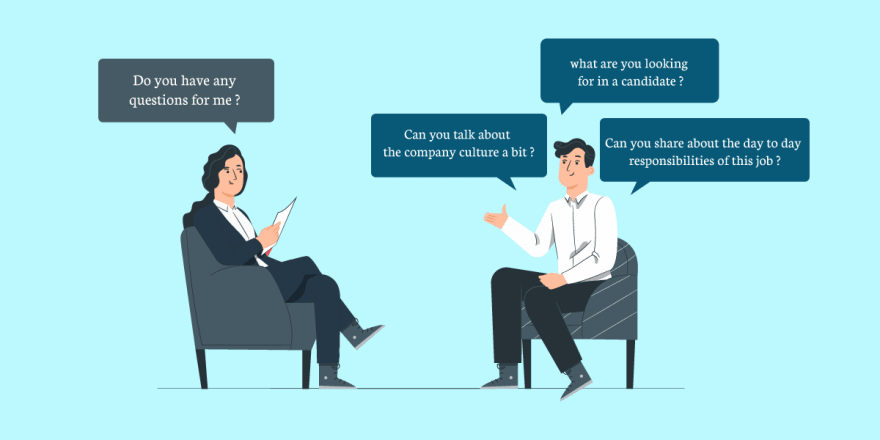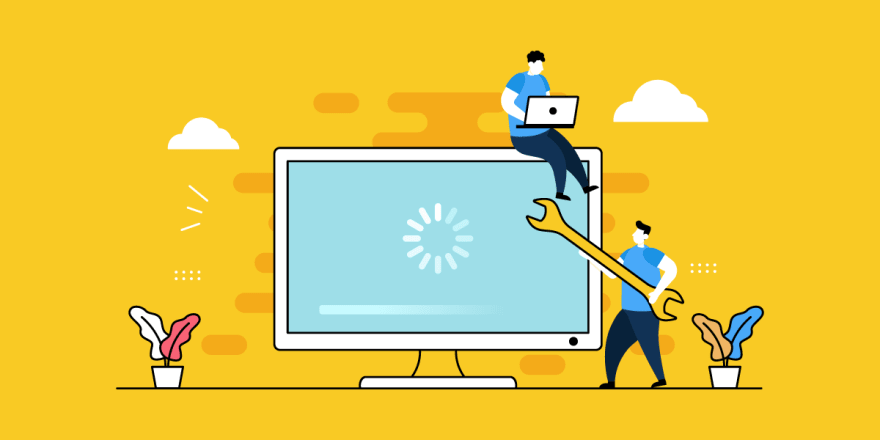Virtual Interview Hacks : 10 Tips to Ace the Race!

Skillenza
Posted on June 22, 2020

Why don’t we just start with what a virtual interview exactly is?
A Virtual Interview is a hiring assessment done online by conducting face-to-face “meet” over video calls on web conferencing tools. This method helps recruiters to evaluate and shortlist candidates, and since this interview can occur remotely, it saves recruiters certain travel and staff costs. Many companies have been conducting virtual interviews since the Internet flourished.
However, during this current catastrophe where the entire world is battling the Covid-19 pandemic together, innumerable measures are being taken by all the corporate heads across all industries to ensure safety and well being of their employees and society as a whole. Social distancing, the most powerful defense tool during this global contagion has brought Virtual Interviews to the frontlines. Now, every establishment is strengthening their capabilities to be able to conduct recruitments using technology, deeming web-conferencing services as the need of the hour.
This is the new trend now and will continue to be even after the world recovers from this rampant outbreak. Additionally, due to the impact that it is having on the world economy, the IT sector is looking at a slowdown. This is kicking down recruitment numbers and escalating the already existing cut-throat competition for skilled jobs. Therefore, for new aspirants, students or professionals looking to switch jobs, it is very crucial now to get acquainted with the process of virtual interviews.
There are some common areas in which you should be prepared no matter whether it is an in-person interview or a virtual one. Let’s look at those along with what more you need to do to confidently tackle and ace virtual interviews.
1. Build a strong resume:
With the increase in the volume of virtual interviews, recruiters now have less time to prepare before evaluating the candidates. They skim through resumes to grasp a superficial idea of the person they are about to interview. With the rise in competition for jobs in the IT sector, your resume should have the potential to mark a great first impression to make you stand out amongst your competitors, no matter what medium is being used during your interview.
If you are in college, build an innovative and effective project in your final year. Use platforms like Skillenza, Internshala, etc to put yourself on the market and bag internships, especially paid ones. This will help you showcase that you have a working knowledge of the industry. As a student or professional, you can also boost your profile by engaging in hackathons, coding competitions, software development workshops, etc, like the ones that are conducted by companies like CodeChef, HackerEarth, TopCoder, Skillenza, HackerRank, etc. Apart from the technical capabilities, your resume should also be clear, concise and well-articulated.
2. Be prepared to answer all the questions:
Find out the FAQs, both in your technical domain and in general, and prepare your responses. If you are a student, the recruiters usually enquire about your subject preferences and ask questions accordingly. This pertains to both in-person and virtual interviews. If you have done anything besides your course study like participated in coding events, hackathons, etc or have interned somewhere, they will definitely be asked about. If you are a professional, they ask you about all the kinds of work experiences you have had.
Besides work, they might ask you about your strengths and weaknesses. Your reason for choosing your stream of education or quitting your last job can be probable questions. Acquire some knowledge about the organization you are preparing to interview for. That will help you answer questions regarding your future interests and expectations associated with the company. Just remember, they will be expecting genuine and natural answers, not memorized ones. So prepare yourself to answer accordingly.
3. Get used to the camera:
Have ample practice of speaking in front of a camera. Ask for your friends’ help in conducting mock interviews of you. Observe yourself on the screen, how you sound and look. Make sure your voice does not crack and is at a suitable volume when you speak. Be acquainted with your voice if you are new at this or are conscious while answering on camera.
4. Build your own questionnaire:
Be prepared with a questionnaire of your own. This is again applicable to any medium used during the recruitment process. Interviewers often ask candidates at the end of an interview if they have any questions for them. This would be an opportunity to show your eagerness towards their organization which adds points to your profile. Ask them details about the kind of roles and responsibilities you will get when you join the company. If you are an experienced professional, another topic that is usually raised is the remuneration details, like salary expectations, company proposals and some negotiations.
5. Run multiple tests on all technical devices:
Make sure to check if all your devices are working perfectly days before the interview. Ensure that your connectivity stays strong consistently and your laptop or desktop has power backup. It would make an irrevocable damage to your impression on the recruiter, if your interview gets interrupted by technical issues.
An important part of this task would be to check whether your device’s in-built camera, microphone and/or earphones are doing their job well or not. In the latter case, it will be wise to invest in a decent web-cam and an external microphone or a new set of earphones.
6. Keep extra software tools ready:
You might be asked to draw flowcharts or write algorithms or codes during the interview. Certain problem solving questions if asked, might need you to solve them on the screen, as the interviewer watches your analytical and logical skills. Therefore, keep certain software tools like MS Word, Excel, Paint, Google docs, etc open and running in the background before your interview starts.
7. Set up a suitable background:
Give a thought and decide your background before your interview. Make sure you sit against a wall which is light or neutral in colour. Keep your surroundings clean and organized. Select a position where there is ample lighting on your face so that you don’t look hidden behind shadows. This makes for a professional setup for the interview and removes any visible distractions for the interviewer.
8. No disturbances during interview:
Ensure that you are not disturbed during the interview. If you are not alone at your place, inform other residents about your situation. Keep doors and windows closed if there might be sounds coming from outside. Ensure that the TV is switched off and all cell phones are set on silent mode.
9. Follow the formal code for your attire:
Select your clothes for the day well in advance. Do not opt for anything that is brightly coloured or has sparkling metals or jewellery. Spare some attention to your personal grooming, as shabby or rumpled appearances diminish impressions to a great extent. Hence, make a sincere effort to appear crisp and professional, just like you would, for an interview in person.
10. Stay positive and believe in yourself:
Do not give in to unnecessary worries and anxiety. It would only make you doubt yourself, demotivate you and lower your confidence. This is relevant to any form of interview, in-person or virtual. Always believe in your capabilities and at the time of the interview, smile with conviction and just present your best self!

Posted on June 22, 2020
Join Our Newsletter. No Spam, Only the good stuff.
Sign up to receive the latest update from our blog.









